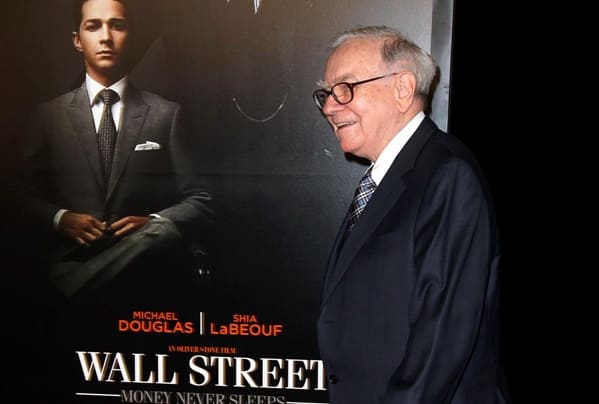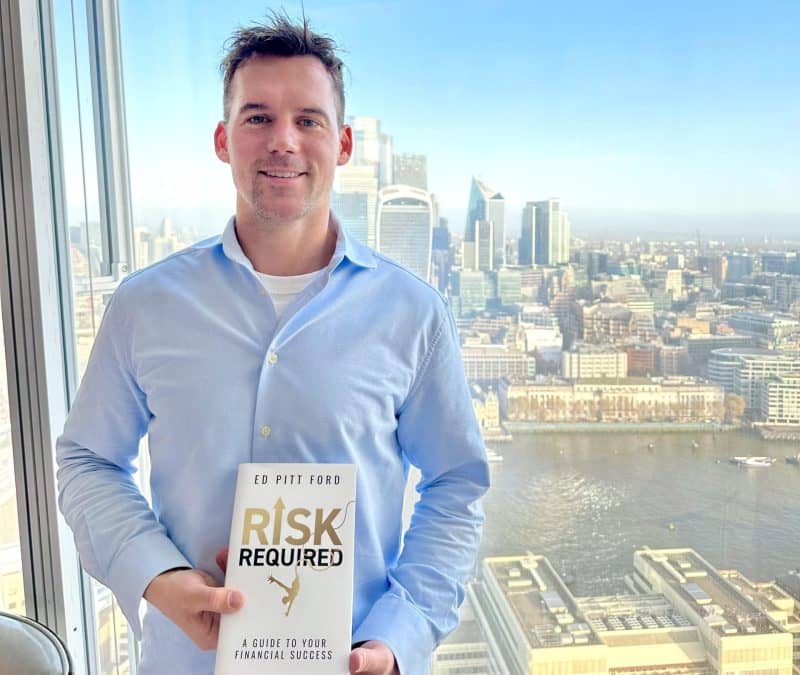Bussiness
America’s top 30 most intelligent billionaires – London Business News | Londonlovesbusiness.com

The Casino Wizard analyzed the top 50 highest net worth individuals from Forbes’ Real-Time Billionaires List which is made up of more than 2,781 billionaires.
The experts have compiled a study by ranking each billionaire against four determining factors to receive a score out of 10.
The four determining factors used in the index include the number of degrees achieved, the university ranking, the university acceptance rate, and an estimated time spent studying in higher education.
Stephen Schwarzman is America’s most educated billionaire, scoring 6.17 out of 10.
He has a net worth of $49.3 billion and after studying for seven years, Schwarzman earned a Bachelor of Arts in Social Studies from Yale University and after this, he went on to complete an MBA at Harvard Business School.
The universities he studied at rank an average of 186 and have an acceptance rate of four percent.
Michael Bloomberg ranks second, scoring 6.8 out of 10, he currently has a net worth of 104.7 billion dollars.
After studying for six years, he left university with two degrees, a Bachelor of Science in Electrical Engineering from Johns Hopkins University.
He also obtained a master’s degree in business administration from Harvard Business School in 1966. His MBA education provided him with a solid foundation in business and finance, which he later leveraged in his early career at Salomon Brothers and in founding Bloomberg L.P.
The universities he attended have an average rating of 185.2 and their average acceptance rate is five percent.
Larry Page is the third most educated billionaire, with a net worth of 147.7 billion dollars, he scored 6.92 out of 10 in the index study.
Larry Page spent seven years studying and has two degrees; a Bachelor of Science in Computer Engineering from the University of Michigan and a master’s in computer science from Stanford University.
Larry Page’s academic focus on computer engineering and computer science laid the foundation for his interest in creating algorithms and systems, culminating in the Google search engine.
The universities Page attended have an average ranking of 178.2 and an acceptance rate of 11 percent.
Charles Koch is the fourth most educated, scoring 5.5 out of 10. Koch studied at Massachusetts Institute of Technology and obtained three degrees in three years.
All his degrees are from MIT, including a bachelor’s degree in general engineering, a
master’s degree in mechanical engineering and master’s degree in chemical engineering. He is worth $67.5 billion.
Warren Buffett places fifth, scoring 6.55 out of 10. Buffett has a net worth of $143 billion and like Musk, he also studied at University of Pennsylvania, as well as University of Nebraska-Lincoln, and Columbia University.
He initially enrolled at the Wharton School of the University of Pennsylvania at age 17. He studied there for two years, majoring in business, before transferring.
Buffett transferred to the University of Nebraska-Lincoln, where he completed his undergraduate studies and graduated at the age of 19 with a Bachelor of Science in Business Administration.
For his graduate studies, Buffett attended Columbia Business School at Columbia University, where he earned a Master of Science in Economics.
Buffett studied for four years in total, and his schools have an average ranking of 225.1 and an acceptance rate of 30% in the index.
Ranking sixth through to tenth are Steve Ballmer, Sergey Brin, Elon Musk, Jensen Huang, and Colin Huang.
Matt Schwachofer, Co-Founder of The Casino Wizard, said, “Education provides several key advantages that can contribute to success, especially in complex fields where many billionaires build their fortunes.
“Holding degrees from reputable institutions can enhance credibility, especially when seeking funding, partnerships, or employees. This can be essential for early-stage business leaders trying to gain trust in competitive markets.
“University is not mandatory, and some entrepreneurs are self-taught, and others drop out of college to pursue business ideas, like Bill Gates and Steve Jobs.
“However, universities, especially elite ones, provide access to networks of talented peers, professors, and alumni, which can be instrumental in finding business partners, investors, and mentors.
“For example, Larry Page met Sergey Brin at Stanford, a meeting that led to Google’s founding.
“Meanwhile, Musk’s physics background he learned at university allows him to understand and contribute to technical discussions with engineers, which has been invaluable in developing products like Tesla’s electric motors and SpaceX’s rocket propulsion systems.”










